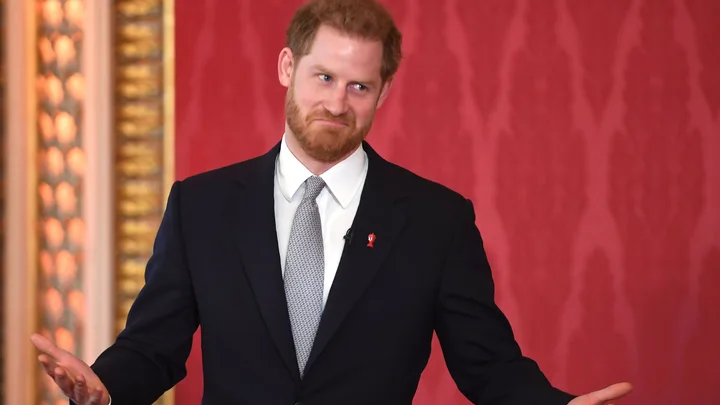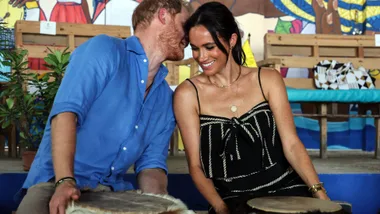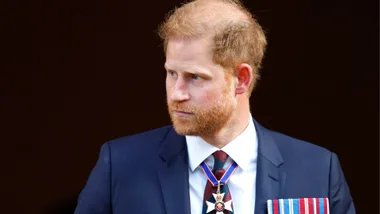In the wake of Prince Harry’s emotionally charged BBC interview about his failed appeal for security in the UK, the British broadcaster has issued a rare mea culpa. Acknowledging a “lapse in our usual high editorial standards,” the BBC admitted it failed to include statements from the Home Office and Buckingham Palace in its coverage of the Duke of Sussex’s claim – particularly his assertion that his legal defeat was a “good old-fashioned establishment stitch-up.”
The interview aired following a court decision rejecting Harry’s bid to regain publicly funded police protection while visiting the UK. As the fallout unfolded on the airwaves and online, the BBC’s flagship Radio 4 Today programme was criticised for failing to properly contextualise Harry’s claims or offer institutional responses.
Harry’s Fractured Relationship with Institutions – and Family
In his interview, Harry emphasised that the court’s decision wasn’t merely a legal setback – it represented a deeper breach between him and the British establishment. “I love my country,” he said, “despite what some people in that country have done.”
He revealed he hadn’t spoken to King Charles in some time, suggesting the security dispute was a factor in their estrangement. “I don’t know how much longer my father has,” he said, referring to Charles’s recent cancer diagnosis. “But it would be nice to reconcile.”
The prince’s remarks struck a chord with observers and therapists alike, who say family reconciliation – particularly after public rupture – requires mutual accountability.

Has Prince Harry Stepped Back from Royal Duties?
Yes. And since stepping back from royal duties, Harry has waged a delicate campaign to redefine himself: part advocate, part memoirist, part estranged son. His recent comments appear to reflect a growing awareness of the toll this public posture has taken – on his family, and on himself.
Yet, his decision to speak out via the BBC, just days after a court ruling, also reaffirms a core strategy – controlling his narrative. While his comments were raw and heartfelt, the format – an interview with Britain’s most prominent broadcaster – ensured they would dominate the headlines.
But the BBC’s failure to vet and balance those headlines may have inadvertently strengthened critics’ claims that Harry’s media outreach is one-sided. By issuing a correction and including the Home Office’s defence of the legal process, the broadcaster acknowledged the need for institutional transparency – especially when a royal’s grievances could be interpreted as fact.
Prince Harry Makes a Public Appearance in Las Vegas
Just days after the interview, Prince Harry made a public appearance in Las Vegas, joining young leaders and Diana Award recipients on a panel about service and purpose. “We need fearless leadership,” he told the crowd.
In many ways, Harry now exists in dual worlds. American resident and British royal, private father and public figure, critic of the institution and product of it. His plea for reconciliation is sincere – but complex. Rebuilding trust may require more than a televised interview. It might require stepping back from the microphone entirely.


